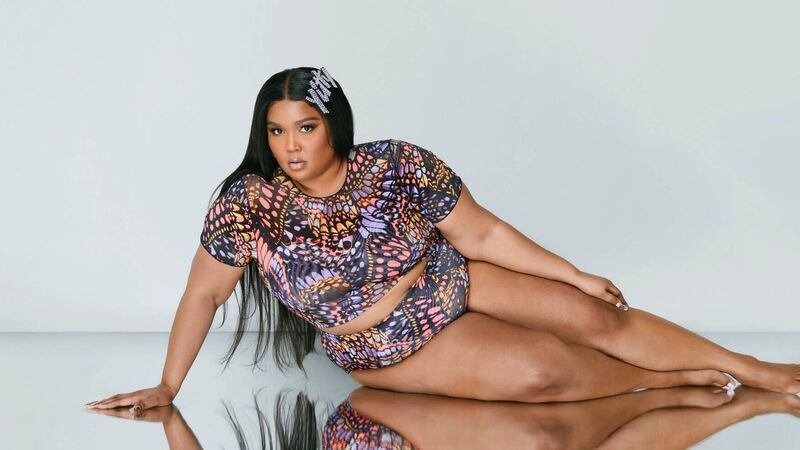Joyce Fegan: Fat phobia has been around for centuries and it's nothing to do with health

Social media feeds this January are awash with weight loss transformation pictures, but also feature superstar Lizzo dancing around in her bikini.
Try from €1.50 / week
SUBSCRIBE
Social media feeds this January are awash with weight loss transformation pictures, but also feature superstar Lizzo dancing around in her bikini. Picture: PA
Maybe it’s me, maybe it’s the algorithm or maybe it’s just January, but my social media feed is currently chock-a-block with “before and after” pictures of women who once weighed X pounds and now weigh Y.
Conversely, my feed is also filled with global superstar Lizzo dancing around in a bikini, useful thought experiments that call the bluff on “diet culture”, and tips from experts about how to actually improve your body image.
Already a subscriber? Sign in
You have reached your article limit.
Annual €130 €80
Best value
Monthly €12€6 / month
Introductory offers for new customers. Annual billed once for first year. Renews at €130. Monthly initial discount (first 3 months) billed monthly, then €12 a month. Ts&Cs apply.
CONNECT WITH US TODAY
Be the first to know the latest news and updates
Newsletter
Sign up to the best reads of the week from irishexaminer.com selected just for you.

Select your favourite newsletters and get the best of Irish Examiner delivered to your inbox
Monday, February 9, 2026 - 6:00 AM
Monday, February 9, 2026 - 8:00 AM
Monday, February 9, 2026 - 8:00 AM
© Examiner Echo Group Limited